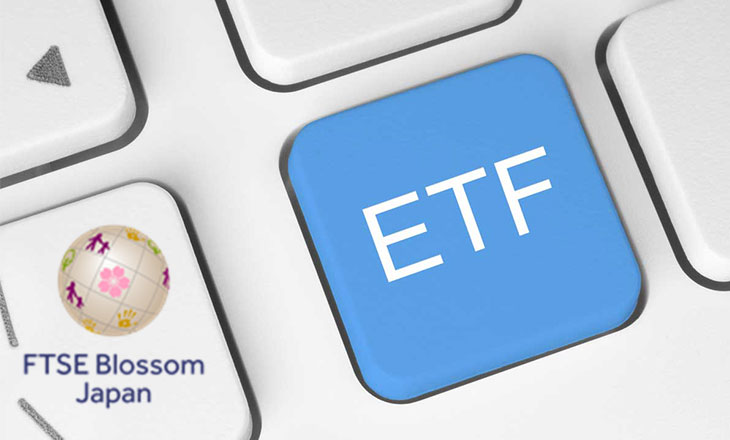FTSE Russell announced the licencing of the FTSE Blossom Japan Index to Daiwa Asset Management. The Daiwa ETF FTSE Blossom Japan Index (ticker: 1654), listed on Tokyo Stock Exchange today and is part of a new range of ESG-focused exchange traded funds (ETFs).
The ETF is also the first to be tracking the FTSE Blossom Japan Index, which was launched in July this year. Daiwa Asset Management is one of the largest providers of ETFs in Japan and currently has 35 ETFs with around JPY5.4 trillion in assets under management (as of 21 September).
The new FTSE Blossom Japan Index is constructed using FTSE Russell’s ESG Ratings data model, which draws on existing international ESG standards, including the UN Sustainable Development Goals. The inclusion thresholds are aligned with the globally established FTSE4Good Index Series. The index can be used to assist in the integration of ESG considerations into a diversified strategy. The index does not deviate significantly from the index characteristics of its traditional market capitalization weighted benchmark. To minimise industry bias, the index has been designed using an industry-neutral weighting approach to match the industry weights in the underlying FTSE Japan Index.
Evan Ong, Managing Director, Asia ETP and listed derivatives strategy and business development, FTSE Russell, said:
We are delighted that Daiwa Asset Management has selected the FTSE Blossom Japan Index for its ESG ETF. We continue to see a growing interest to integrate ESG considerations into passive investments, which we believe will help increase corporate transparency and performance.
The FTSE Blossom Japan Index is part of FTSE Russell’s extensive sustainable investment index and data offering which includes the recent launch of the ESG Ratings data model, Green Revenues data model and new smart sustainability indexes following the launch of the FTSE All-World ex CW Climate Balanced Factor Indexes in November. FTSE Russell’s ESG Ratings data model provides underlying environmental, social and governance data on more than 4,100 companies across more than 300 indicators.
